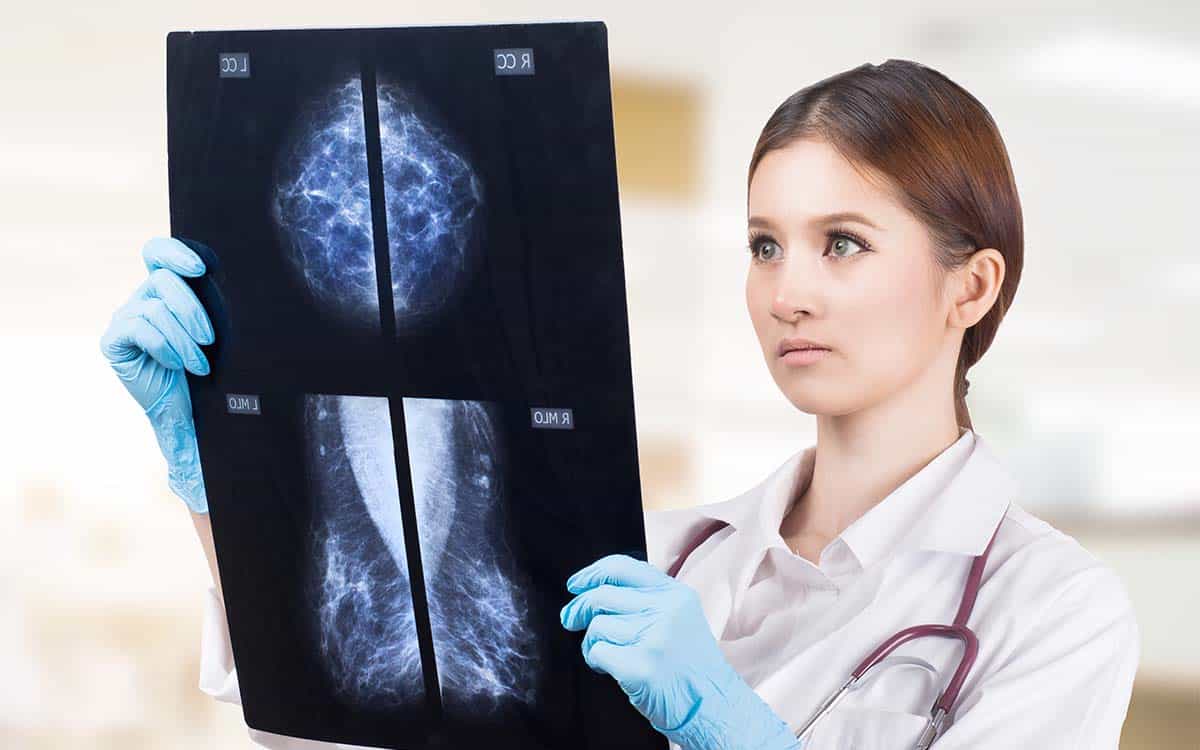A new study indicates that having dense breast tissue increases the risk of breast cancer.
Breast cancer is the second most common cancer affecting women in the United States and affects approximately 264,000 women each year1. Many people know that having a family history of breast cancer puts them at greater risk of breast cancer but not many know that having dense breast tissue can also increase your risk.
Women with extremely dense breasts are four times more likely to face a breast cancer diagnosis according to a new study. It is estimated that about 10% of women who get mammograms have extremely dense breast tissue. About 40% of women who get mammograms have a milder form of dense breast tissue2. The only accurate way to tell if you have dense breast tissue is to have a mammogram. The age at which to start getting mammograms will vary depending on your medical and family history. Some women may start having mammograms as early as 40 years old. The frequency of your mammograms will depend on your age, medical history, and family history. In most cases, a mammogram will be recommended every 1 or 2 years.
According to NBC News, in 2019 the Food and Drug Administration proposed a rule that would require imaging facilities to tell patients what their breast density was and why it was important to note. As of now, that rule has not been put into effect but could be coming sometime in 20232.
Since dense breast tissue is common it is not often discussed, but it is something that women and healthcare providers should keep in mind when reviewing mammogram results and risks. Although you cannot change the density of your breasts, it is possible to lower your risk of breast cancer by limiting alcohol intake, exercising regularly, and consuming a healthy diet.
Resources
- Centers for Disease Control and Prevention. (2022, September 26). Breast cancer awareness feature. Centers for Disease Control and Prevention. Retrieved March 4, 2023
- NBCUniversal News Group. (2023, January 28). Dense breasts and breast cancer risk: What to know about the link. NBCNews.com. Retrieved March 4, 2023
